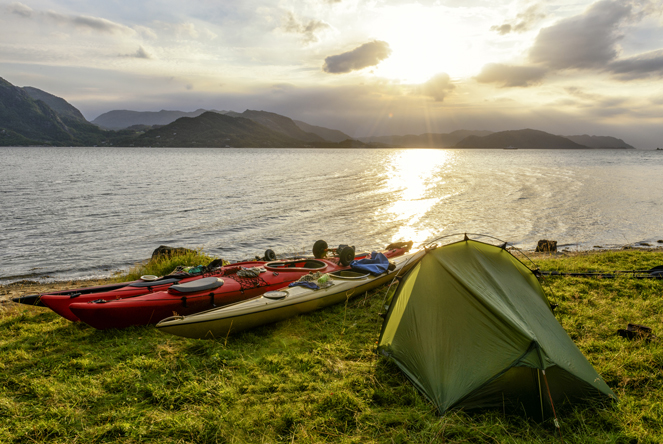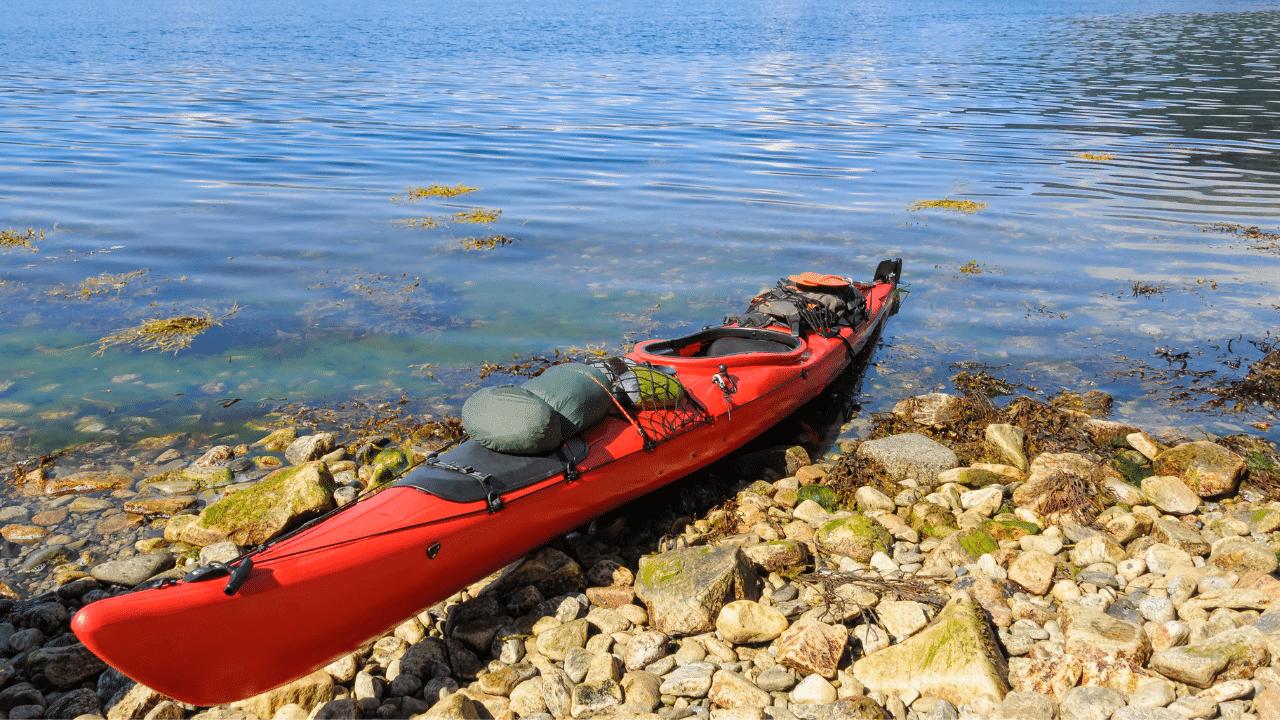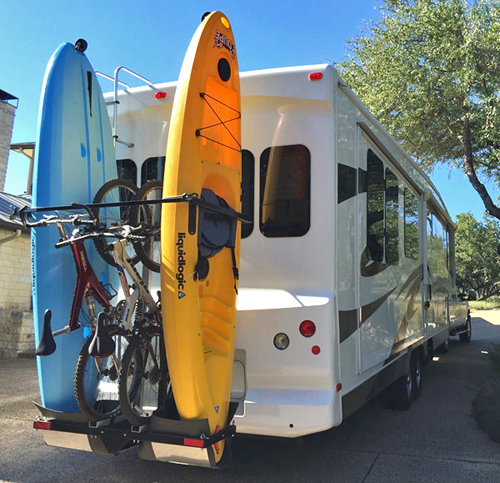
- Alabama
- Alaska
- Arizona
- Arkansas
- California
- Colorado
- Connecticut
- Delaware
- Florida
- Georgia
- Hawaii
- Idaho
- Illinois
- Indiana
- Iowa
- Kansas
- Kentucky
- Louisiana
- Maine
- Maryland
- Massachusetts
- Michigan
- Minnesota
- Mississippi
- Missouri
- Montana
- Nebraska
- Nevada
- New Hampshire
- New Jersey
- New Mexico
- New York
- North Carolina
- North Dakota
- Ohio
- Oklahoma
- Oregon
- Pennsylvania
- Rhode Island
- South Carolina
- South Dakota
- Tennessee
- Texas
- Utah
- Vermont
- Virginia
- Washington
- West Virginia
- Wisconsin
- Wyoming
The Ultimate Guide to Kayak Camping: Embrace Adventure and Nature
The Ultimate Guide To Kayak Camping
Kayak camping is an exciting way to combine the thrill of paddling with the serenity of camping. It allows you to explore the great outdoors, reconnect with nature, and discover hidden gems only accessible by water. This ultimate guide will provide valuable insights, tips, and a bit of history to make your kayak camping experience unforgettable.
A Brief History of Kayaking and Kayak Camping
The origins of kayaking can be traced back over 4,000 years to the indigenous peoples of the Arctic, who used kayaks for hunting and transportation. These early kayaks were made from animal skins stretched over a wooden frame. As kayaking spread across the globe, it evolved into a recreational activity and a means of exploring the great outdoors. Kayak camping has since become a popular adventure for those seeking to combine kayaking and camping experiences.
Preparing for Your Kayak Camping Adventure
Choosing the Right Kayak
The type of kayak you choose will depend on factors such as the location, duration, and nature of your trip. A touring or sea kayak is ideal for a multi-day camping trip due to its storage capacity, speed, and stability in various water conditions. Sit-on-top kayaks are also famous for those who prefer a more open design.
Packing Essentials
Properly packing your gear is crucial for a successful kayak camping trip. Consider using dry bags to keep your belongings safe from water damage. Essential items to pack include a tent, sleeping bag, cooking equipment, food, water, navigation tools, and a first-aid kit.
Planning Your Route
Before embarking on your adventure, research the area you plan to explore and camp in. Consider factors such as distance, water conditions, and camping regulations. Familiarize yourself with the local flora and fauna and any potential hazards or restrictions.
Kayak Camping
Tips for a Successful Kayak Camping Experience
Paddling Techniques
Mastering basic paddling techniques will ensure a more enjoyable and safer kayak camping experience. Practice your forward stroke, sweep stroke, and brace stroke to improve your maneuverability and balance on the water.
Leave No Trace
As you embrace nature, remember to practice the Leave No Trace principles. Dispose of waste properly, minimize campfire impact, and respect wildlife. Doing so ensures that future generations can enjoy the same pristine environments.
Safety First
Always prioritize safety on your kayak camping adventure. Wear a personal flotation device (PFD), inform someone of your travel plans, and check weather conditions before leaving.
Countering Common Misconceptions
Myth: Kayak camping is only for experienced paddlers. Fact: Kayak camping can be enjoyed by beginners and experts alike. Start with shorter trips and build your skills before embarking on more challenging adventures.
Myth: Kayak camping is too physically demanding. Fact: While kayak camping requires a certain level of physical fitness, proper fitness, planning, and pacing can make the experience enjoyable for people of various fitness levels. Remember to take breaks and listen to your body.
Myth: Kayak camping is expensive. Fact: Kayak camping can be as budget-friendly or luxurious as you want. You can rent gear, choose affordable campsites, and plan your meals to reduce costs. Investing in quality equipment will also pay off in the long run.
Embracing the Kayak Camping Experience
Kayak camping is a unique and rewarding way to connect with nature, challenge yourself, and create unforgettable memories. With the proper preparation, knowledge, and respect for the environment, you'll be well on your way to the ultimate kayak camping adventure. So grab your paddle, pack your gear, and embark on a journey that will give you a deeper appreciation for the great outdoors and the joys of kayaking and camping.
Kayak Camping
FAQs
Q: Can I kayak camp alone? A: Yes, solo kayak camping can be a rewarding experience. However, ensure you have the necessary skills and knowledge, and always inform someone of your plans.
Q: What if I capsize? A: Practicing self-rescue techniques, such as the wet exit and re-entry, will prepare you for the possibility of capsizing. Always wear a PFD and know your limits.
Q: How do I store my kayak at the campsite? A: Store your kayak upside down on a flat surface or use a kayak cart to move it to a safe location. Please keep it away from direct sunlight and secure it to prevent theft or damage.




![Camping with a canoe: How to Get Started [New 2026]](https://shared-bucket-websites.s3.amazonaws.com/CampingwithAcanoe-1671170040076)






